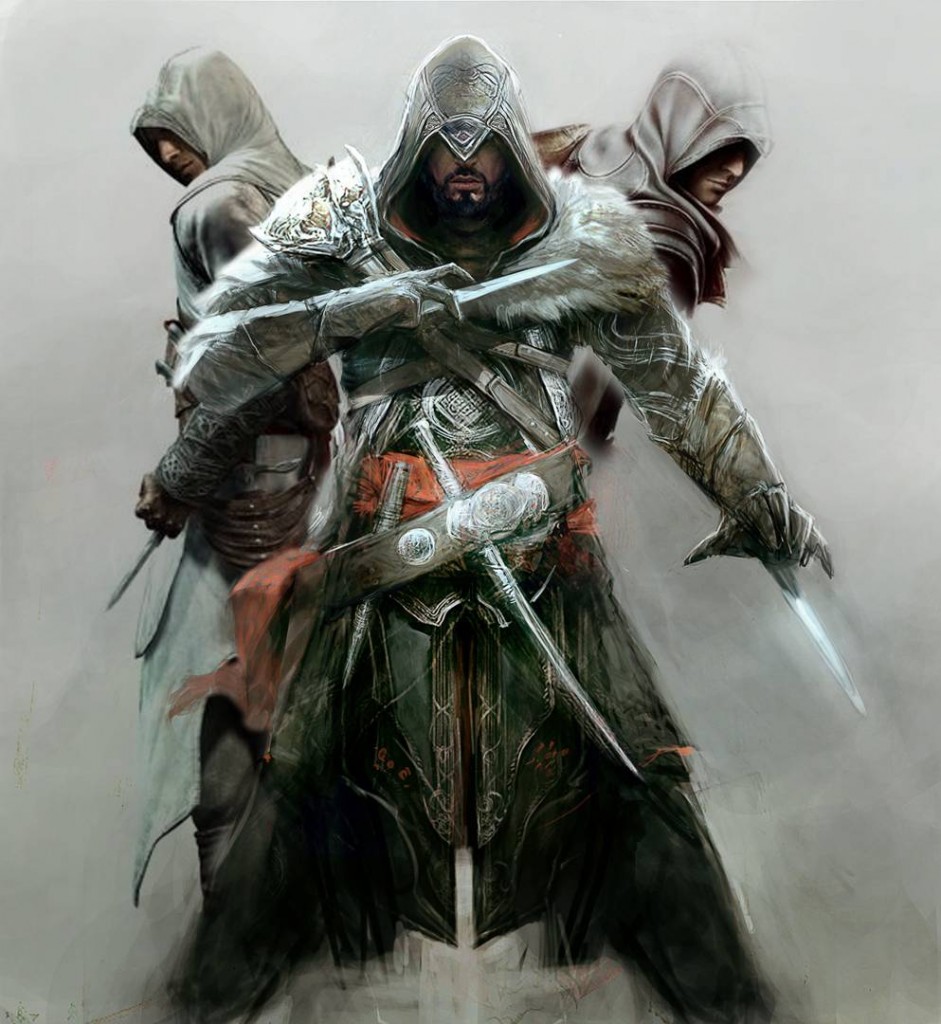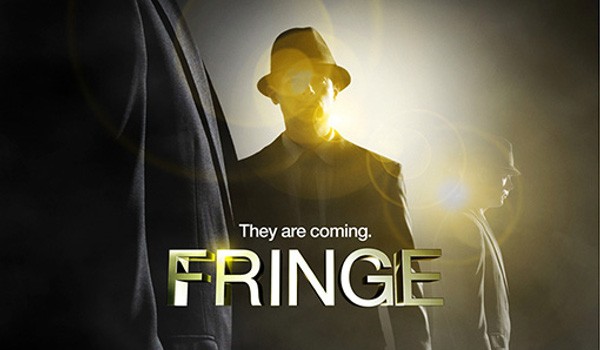Last updated on March 4, 2013
It’s yet another Monday Update, where I am tired of spammers gunking up the forums (tough work, I say) which no one uses yet. So yeah, get up on that navigation bar on top of the site and get to work.
Assassin’s Creed: Revelations – After my recent reviews of both ACII and Brotherhood, you’d imagine I would stop playing these games for fear of burning out on the franchise. Well, apparently not! I find them to be excellent time-wasters when I don’t want to be challenged in any particular way or I just want to run around and explore. Assassin’s Creed has always succeeded at this aspect, and each game shows an iterative approach to making exploration both goal-oriented and fun.
I’d call Revelations an improvement, in that sense. Let’s be honest: Rome was a terribly boring city overall with tons of wide open spaces. This meant that exploration meant horse-riding (why, oh why, do I ride on horses when I can run on rooftops?) and running on foot in wide-open fields with nothing – not exactly fascinating stuff. Constantinople (or Instanbul) solves the problem immediately – it’s a big city, but it’s ALL city, and I am grateful for this. It also gives the art design opportunity to shine with the ancient city’s combined Arabic and Byzantine heritage, making for unique and striking city-scapes that stretch as fare as the eye can see. The new ziplines and hookblade make travel enormously efficient and easy, although the free-running still displays some archaic mechanics (this is 2011 – you’d think 2 years of development would make Ezio climb a little faster, but you’d be wrong).
One can also say, without reservation, that collecting materials now has a purpose: bombs. Bombs are awesome, bombs are fun for everyone – having the ability to create your own bombs with distinct ranges, explosive timers, materials (lethal or non-lethal) adds a lot to the combat and the mechanics that gives additional room for creativity. It’s overpowered, unfortunately – in previous games, killing specific officers or generals required getting up close and personal to retrieve their keys, but bombs allow you to kill from afar AND get the key from a distance. That’s immersion breaking, I guess, but I’m finding Revelations doesn’t much care about that.
Rather, Revelations revels in its game-ness (which is definitely NOT a word). It dumps tons of stuff into your lap and tells you “do what you want; we won’t stop you”. Like the old video games trope of JRPGs (the world waits for you to save it from imminent doom, but not before I do 10 hours of side quests), the plot can always wait for you to invest in a bank, or recruit new assassins, or find armor, or defend your bases from Templar attacks – it’s odd, in that way. Still, most of these mechanics strike me as superficial contrivances to make you play a long time instead of something genuinely satisfying.
The aforementioned Templar attacks, for example, are barebones tower defense copies – in a game about an assassin who roves around town. Hidden tombs turn into Prince of Persia style events, while city/income building makes the game into a light-weight version of Patrician or The Guild. The assassin’s guild mechanics equate to about the same, although I like its integration with the Templar Dens – Brotherhood failed to connect any of these mechanics in any discernable way which Revelations solves with grace.
The same problems persist, but I find it much more enjoyable than the previous outing – even if, at base, it’s very much the same game.
Fringe Season 5 (two episodes in) – Why do I trust these shows anymore? Also, probably SPOILERS, but I assume you know that.
To explain: I was a pretty big fan of Lost a few years ago. I think just about everyone was hooked in the first two seasons because it intrigued the viewer and gave them just enough information that they assumed the writers had the answers already. Well, this was not true of Lost at all, even if the illusion was in place. Rather than bothering to make anything apparent, the answer to all questions was “magic”, “divine being”, or “the Island” – while that might be the case in real life (hey now!), it doesn’t work in television. A narrative needs rules, and rules that make sense. You can try to string me along with an emotional connection to the characters I’ve grown to like, but that doesn’t forgive your horrible story-telling trespasses. Have I expressed my hatred for shows created by J.J. Abrams yet? If not, I will do so now: I hate shows created by J.J. Abrams.
Except Fringe. It’s a genuinely well-written show with a small enough cast to make sense with paranormal, supernatural, or “fringe” science stuff happening. It always works best when they have episode-by-episode cases augmented by an unobtrusive over-arching plot – from my view, the characters were always the focal point within their bizarre circumstances – outside of that, they aren’t that interesting. That’s why you watch it, after all – to see crazy things and how people would react to crazy things if they existed here. When everything was different, rather than part of the same plotline, it made for an unpredictable show (in a good way). When you focus too heavily on one area of the mythos, you make everything indentical, and what was weird and wonderful becomes boring and staid.
That seems to be the case with Fringe’s final season. The showrunners were, for a time, utterly obsessed with the two universe theme – anybody who thought it was going to become the X-Files Part 2 was seriously mistaken, to some degree. That’s good, though! It had its own unique premise and the idea of two diferent universe pulling together was fascinating because events in one affected the other. It appeared as if it had definite rules, too, which always makes me happy. I thought they were going to lay bare how to fix said problems, and thus I began to enjoy it…until they just pulled the rug out of it during the end of Season 4, with its bizarre “Noah’s Ark” theme that took us into left field and never returned to center base.
Hence, now we have…Observers taking over earth? Uh, what? Seriously, I don’t get it. Either I wasn’t paying attention (possible, but doubtful) or the writers are taking the absolute easiest possible route to end this show without a cliffhanger. Thus, now we have a clearly defined good and evil, constant scenes of expositions both of character’s feelings (‘I feel really bad about situations, circumstance, or event X!” “It will be alright – I feel the same way after things that happened in the past that haven’t been revealed to the audience but that I will say so that they know what happened!”), and hilarious plot points. To whit: find the nine video tapes that have the plan to save the earth from alien invaders who weren’t invaders until season 5! It’s almost like watching the Legend of Zelda or something in a sci-fi universe (it sounds almost like Darksiders, come to mention it).
Of course, that doesn’t mean I won’t be watching it just to see how it will all end up. I’m just expressing my relative dissapointment with the writing taking a dive towards the end of a pretty consistent science fiction serial. Here’s hoping to improvements!
———————————————————————————————————————————————————————————————————————–
Monday Update is fun! Tune in for more stuff about video games that I’ll make up in about two hours!


